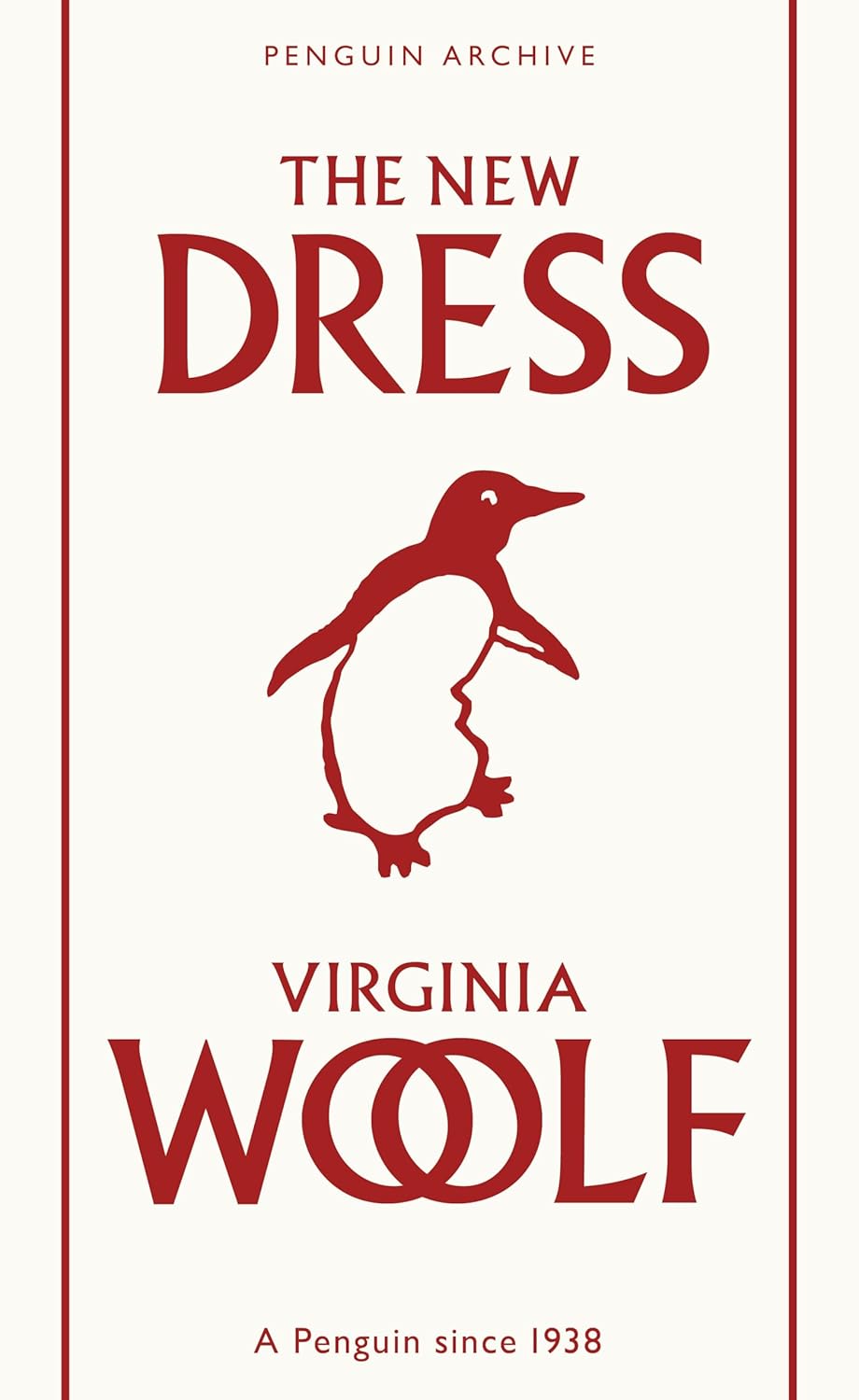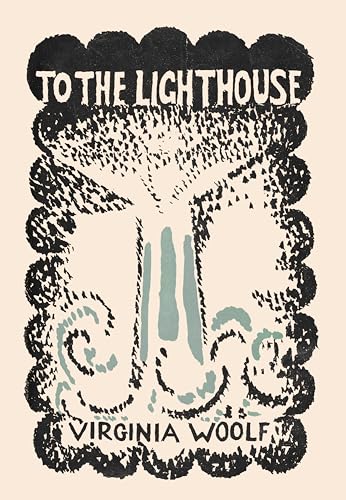'A fantasy, impossible but delicious ... an exuberance of life and wit' The Times Literary Supplement First masculine, then feminine, Orlando begins life as a young sixteenth-century nobleman, then gallops through the centuries to end up as a woman writer in Virginia Woolf's own time. Written for the charismatic, bisexual writer Vita Sackville-West, this playful mock biography of a chameleon-like historical figure is both a wry commentary on gender and, in Woolf's own words, a 'writer's holiday' which delights in its ambiguity and capriciousness. Edited by Brenda Lyons with an Introduction and Notes by Sandra M. Gilbert
Virginia Woolf
Virginia Woolf was a prominent English writer and modernist literary figure. Known for her stream-of-consciousness writing style, she challenged traditional narrative structures and explored themes of gender, class, and mental health in her works. Some of her most notable works include "Mrs. Dalloway," "To the Lighthouse," and "Orlando." Woolf's contributions to literature include her innovative approach to character development and narrative technique, as well as her exploration of the inner lives of her characters. Her most famous work, "Mrs. Dalloway," is considered a masterpiece of modernist literature and a reflection of Woolf's unique literary voice. Woolf's impact on the literary genre is undeniable, as she paved the way for future generations of writers to experiment with form and style in their own works.








